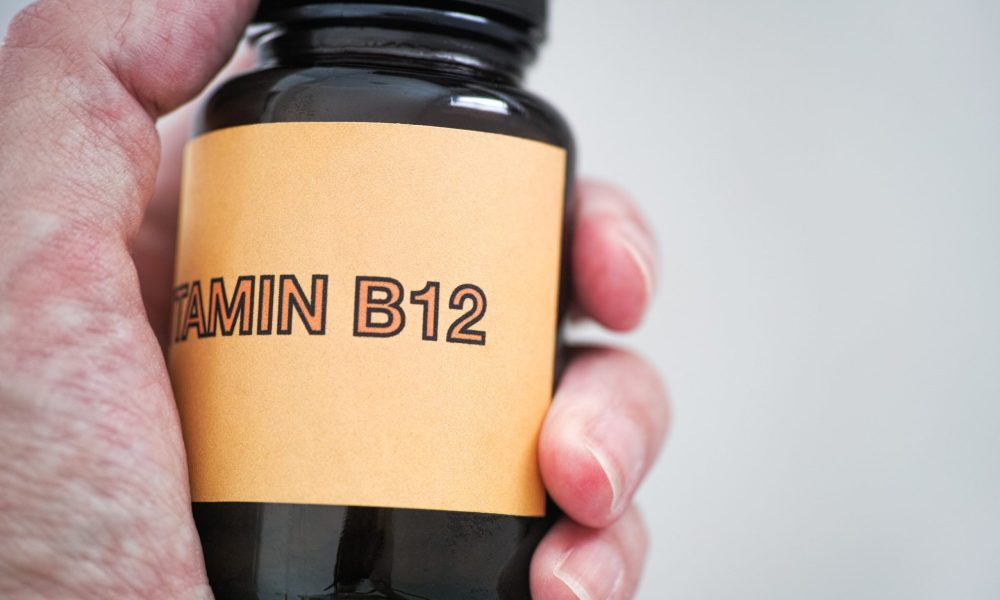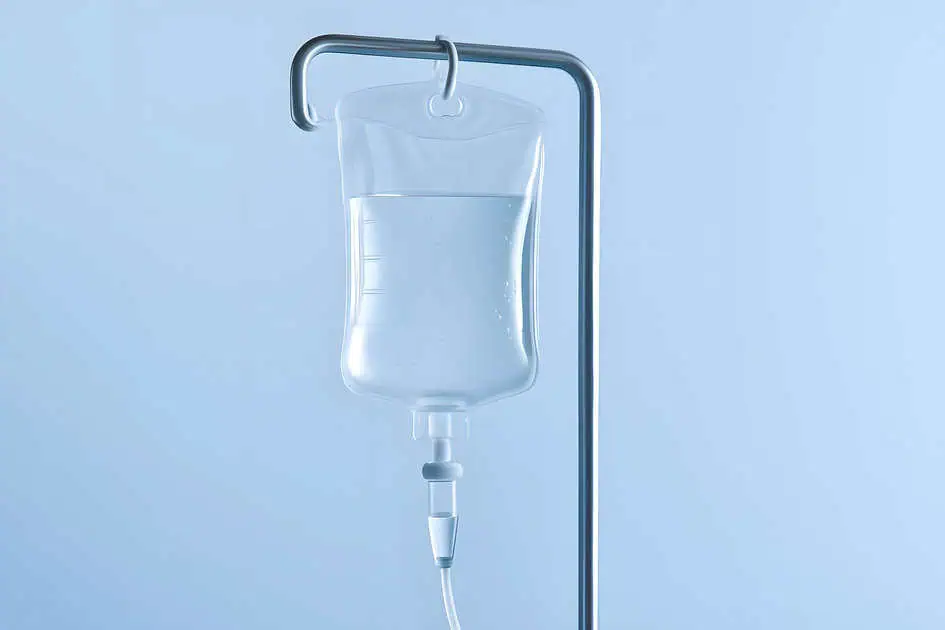Vitamin B12, or cobalamin, is essential for various bodily functions. Despite its significance, many individuals suffer from vitamin B12 deficiency, which can lead to several health issues. In this blog, we will probe the importance of vitamin B12, its benefits, sources, and the symptoms of deficiency. By understanding this vital nutrient, you can take proactive steps to ensure your overall well-being.
The Role of Vitamin B12 in the Body
Vitamin B12 plays a crucial role in maintaining optimal health. It is involved in several vital bodily functions, including:
- Red Blood Cell Formation: Vitamin B12 is essential for synthesizing red blood cells. It works with folate to produce healthy red blood cells, preventing conditions like anemia.
- Nervous System Function: This vitamin is critical for maintaining a healthy nervous system. It helps produce myelin, a protective sheath around nerves, ensuring proper nerve signaling.
- DNA Synthesis: Vitamin B12 is required for DNA synthesis, which is crucial for cell division and growth. It aids in the formation of new cells and supports tissue repair.
Benefits of Vitamin B12
Vitamin B12 offers numerous benefits for our overall well-being. Here are some key advantages:
- Energy Boost: Vitamin B12 plays a significant role in converting food into energy. Adequate levels of B12 can help combat fatigue, boost energy levels, and improve overall vitality.
- Cognitive Function: This vitamin is vital for maintaining cognitive health and preventing cognitive decline. It supports brain function, memory, and concentration, promoting mental clarity.
- Mood Enhancement: Vitamin B12 produces serotonin, a neurotransmitter that regulates mood. Sufficient B12 levels can help prevent mood disorders such as depression and anxiety.
- Heart Health: Adequate vitamin B12 levels are essential for maintaining a healthy cardiovascular system. It helps in regulating homocysteine levels, reducing the risk of heart disease.
Sources of Vitamin B12
While vitamin B12 is primarily found in animal-based foods, it is crucial to identify alternative sources for those following vegetarian or vegan diets. Here are the primary sources of vitamin B12:
- Animal-Based Foods: The richest sources of vitamin B12 include meat (beef, poultry, pork), fish (salmon, trout, tuna), shellfish (clams, mussels), and dairy products (milk, cheese, yogurt).
- Fortified Foods: Some cereals, plant-based milk, and nutritional yeast are fortified with vitamin B12. These can be suitable options for individuals following vegetarian or vegan diets.
- Supplements: Vitamin B12 supplements are available in various forms, such as tablets, capsules, and sublingual sprays. They can be an effective option for individuals with limited dietary intake or absorption issues.
Vitamin B12 Deficiency Symptoms
A deficiency in vitamin B12 can lead to several health complications. Recognizing the symptoms is crucial for early intervention. Common signs of deficiency include:
- Fatigue and Weakness: Low B12 levels can result in persistent fatigue, weakness, and lack of energy, impacting daily activities.
- Anemia: Vitamin B12 deficiency can lead to megaloblastic anemia, distinguished by abnormally large red blood cells. Symptoms include pale skin, shortness of breath, and weakness.
- Nervous System Disorders: Prolonged B12 deficiency can cause neurological problems such as tingling and numbness in the hands and feet, balance issues, difficulty walking, memory problems, and depression.
- Digestive Issues: Vitamin B12 deficiency can lead to gastrointestinal problems like diarrhea, constipation, loss of appetite, and weight loss.
- Glossitis: Glossitis, or tongue inflammation, is a common symptom of vitamin B12 deficiency. It can cause the tongue to appear swollen, red, and smooth.
- Cognitive Impairment: Prolonged lack can result in cognitive decline, confusion, and memory loss, affecting overall brain function.
Risk Factors for Vitamin B12 Deficiency
Several factors can increase the risk of vitamin B12 deficiency. It’s essential to be aware of these risk factors to take appropriate measures. Here are some common risk factors:
- Vegetarian or Vegan Diets: Individuals who follow strict vegetarian diets are at a higher risk of vitamin B12 deficiency since the primary dietary sources of B12 are animal-based foods. Individuals on these diets must ensure adequate B12 intake through fortified foods or supplements.
- Gastrointestinal Disorders: Certain gastrointestinal disorders, such as Crohn’s disease, celiac disease, and gastric bypass surgery, can affect the body’s ability to absorb vitamin B12 effectively. This can lead to deficiencies even if dietary intake is sufficient. Regular monitoring and supplementation may be necessary for individuals with these conditions.
- Age-related Absorption Issues: Our bodies may have difficulty absorbing vitamin B12 from food sources as we age. This can lead to decreased B12 levels and an increased risk of deficiency. Regular B12 screenings and supplementation may be recommended for older adults.
Diagnosing and Treating Vitamin B12 Deficiency
Early diagnosis and appropriate treatment of vitamin B12 deficiency are essential to prevent further complications. Here’s what you need to know:
- Diagnosis: If you suspect a vitamin B12 deficiency, your healthcare provider can perform a blood test to measure your B12 levels. They may also check your complete blood count (CBC) and evaluate your symptoms and medical history. These assessments will help determine if you have a deficiency and its severity.
- Treatment: The treatment for vitamin B12 deficiency usually involves B12 supplementation. Depending on the severity of the deficiency, your healthcare provider may recommend oral supplements, intramuscular injections, or sublingual B12 tablets. They will also address any underlying causes, such as dietary changes or digestive disorders, to prevent future deficiencies.
- Follow-up and Monitoring: Regular follow-up appointments are crucial to monitor your B12 levels and ensure adequate absorption after initiating treatment. Your healthcare provider may recommend periodic blood tests to assess your progress. Adjustments to the dosage or administration method may be made if necessary.
Importance of Regular B12 Screening and Maintenance
To maintain optimal health, it is essential to prioritize regular B12 screening and maintenance, even if you don’t exhibit deficiency symptoms. Here’s why:
- Prevention of Deficiency: Regular B12 screening detects early deficiency before symptoms manifest. By identifying low B12 levels early, you can take the necessary steps to address the deficiency promptly, preventing potential health complications.
- Individual Variations: B12 requirements can vary among individuals due to age, diet, and underlying health conditions. Regular screening helps determine your needs and allows healthcare providers to tailor recommendations accordingly.
- Lifestyle Adjustments: Regular B12 screening allows you to evaluate your dietary habits and lifestyle choices. If deficiencies are detected, it prompts you to make necessary adjustments, such as incorporating more B12-rich foods or considering supplements, to maintain adequate levels and overall well-being.
Conclusion
By understanding the risk factors associated with vitamin B12 deficiency, the diagnostic and treatment options available, and the importance of regular screening and maintenance, you can take proactive steps toward maintaining optimal B12 levels. However, in some cases, individuals may require additional support to address deficiencies and ensure efficient absorption of vitamin B12. This is where hydration comes into play.
Hydription provides a convenient and effective solution for optimizing vitamin B12 levels and overall well-being. With their specialized IV therapies, administered by trained professionals, you can experience the benefits of direct nutrient infusion for faster absorption and enhanced results. Hydription offers customized treatments, including vitamin B12 and other essential nutrients tailored to your needs.
By visiting Hydription, you can receive expert guidance and support in maintaining optimal vitamin B12 levels. Their services benefit individuals with heightened requirements or those seeking a convenient and efficient solution. Hydription lets you take control of your health and ensure you’re giving your body the nutrients it needs to thrive. Don’t let vitamin B12 deficiency hinder your well-being; explore the services offered by Hydription and experience the benefits of their specialized treatments.








